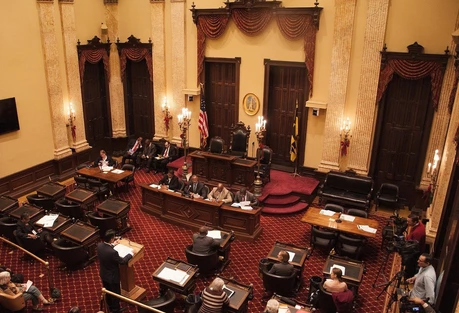- Travis County and the City of Austin released new orders abating evictions to out beyond December 31, 2020.
- The orders also provide a moratorium on notices to vacate.
- The City of Austin’s order also applies to some commercial tenants.
A few weeks ago in this Bukowski blog, I asked whether multifamily assets are COVID-proof. At the time, it seemed like a reasonable question. While delinquencies were certainly up, they had not exploded and it seemed possible that multifamily may be able to weather a COVID storm.
Well I officially apologize to all the multifamily property owners out there. I must have angered government officials when I wrote that article. Because since then, multiple levels of governments seem to be doing everything they can to ensure multifamily property owners see their investments damaged also.
As we have discussed, the CDC issued a nationwide moratorium on evictions (mostly). Then the Texas Supreme Court issued an order that allegedly was supposed to clarify the CDC order. But in reality, it presented more questions than it answered.
And now, Travis County and the City of Austin have issued orders that further restrict property owners there.
Travis County Order
We will first look at the Travis County order. There are two separate orders – one from the Travis County Judge and one from the JP Courts. The County Judge order prohibits landlords from issuing notices to vacate to:
A residential tenant who fails to pay rent if her or her monthly rent is $2,475 or less; or
A residential tenant who fails to pay rent and provides the landlord the CDC Declaration.
This order is in effect through December 31, 2020. And, importantly, it includes holdover tenants.
The order also prohibits landlords from removing a tenant’s belongings or locking a tenant out until December 31.
The JP Court order explicitly deals with eviction petitions that have been or will be filed in Travis County. It states that all eviction actions will be automatically abated until after December 31, 2020 if:
The grounds for eviction are solely non-payment of rent/housing payments; and
The defendant’s portion of the monthly rent/housing payment of the premises is $2,475 per month or less.
The JP Courts also state that if the landlord brings a petition under the guise of something other than non-payment of rent – but it really is a non-payment eviction, the JP Court can sanction the landlord.
There are undoubtedly going to be many questions arising from these orders. But one clear one is – what to do about holdover tenants. Can you evict a tenant who has violated his or her lease by remaining at the property past the end of the term? We are trying to find out the answer to that question with the help of the Austin Apartment Association. They have reached out to the JP Court justices directly and we should know more soon.
Mayor Adler’s Order
At first glance, Mayor Adler’s order may seem similar to Travis County’s order. But it goes further than Travis County’s order and affects more than just multifamily properties.
Adler states that, through December 31, landlords are prohibited from issuing a notice to vacate to a:
Residential tenant who fails to pay rent if that tenant’s monthly rent is $2,475 or less;
Residential tenant who fails to pay rent and provides the landlord the CDC Declaration; or
Commercial tenant.
The exceptions to this are if:
1) The tenant’s actions pose an immenent threat of
a) Physical harm to the poperty owner, employes, or other tenants;
b) Criminal activity; or
c) Property damage that interferes with the use of a dwelling that is occupied by other tenants; or
2) An insured casualty loss creates a condition that makes the residential premises unusuable.
The Mayor also includes a holdover tenant in the definition of a tenant.
A few areas where the Mayor goes beyond the County –
The county’s order only applies to evictions that are based on non-payment of rent. The Mayor’s order applies to all evictions UNLESS they fall into the two categories above.
The Mayor’s order applies to commercial properties. He defines a commercial tenant as someone who operates a childcare business, live-music venue, arts venue, or restaurant/bar.
I do not know how the Mayor decided on that limited definition of a commercial tenant. It’s a very strange and limited definition. But that’s what it is.
As you can see, with each new order that these government entities release, the restrictions on multifamily property owners grow. Lets hope that this is the end of the orders for now. And maybe, through challenges to the orders, some of them can be released.



